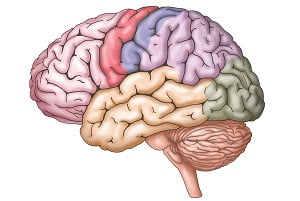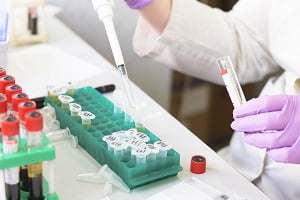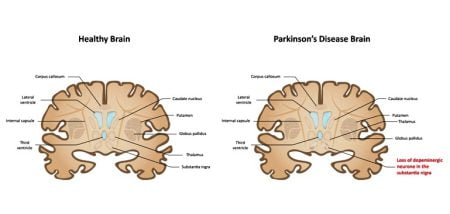How Does Parkinson’s Disease Affect Your Body?
- Updated on: Nov 27, 2024
- 3 min Read
- Published on Nov 27, 2023

In this comprehensive guide, you will delve into the various ways Parkinson’s disease impacts the body, from its initial symptoms to its long-term effects, while also exploring potential treatments.
Motor Symptoms
Parkinson’s disease primarily affects the body’s motor functions, causing a range of symptoms that can vary in severity from person to person, which means that treatments will also vary. One of the hallmark signs of PD is tremors, which often begin in one hand and then spread to other limbs. These tremors can make simple tasks like eating or writing difficult. Additionally, individuals with PD may experience bradykinesia, slowness of movement, and rigidity, which is stiffness in the limbs. These symptoms can significantly impact a person’s ability to perform everyday activities.
Balance and Posture
Parkinson’s disease can also disrupt a person’s balance and posture. As the disease progresses, individuals may find it challenging to maintain an upright posture, leading to a stooped or bent-over appearance. Balance issues can increase the risk of falls, which can result in injuries.
The changes in posture and balance are often due to the rigidity and bradykinesia—slowness of movement—that are hallmark symptoms of Parkinson’s disease. Additionally, the disease compromises the automatic reflexes that help you adjust your posture to maintain balance, necessitating conscious effort to perform tasks that were once automatic.
Problems Walking
Walking difficulties are a significant concern for people with Parkinson’s disease, as the condition may affect the motor control necessary for this basic activity. Patients often experience a shuffling gait and reduced arm swing. They may sometimes experience a sudden inability to move forward, known as freezing of gait. When this occurs, it appears as if the feet become glued to the ground, making it difficult to take the next step. Freezing of gait treatment typically involves a multifaceted approach that can include medication adjustment, physical therapy, assistive devices, and cueing.
Speech and Swallowing
PD can affect the muscles used for speech and swallowing, leading to difficulties in communication and eating for some people. Speech may become softer and slurred, making it harder for others to understand the person with PD. Swallowing difficulties can lead to aspiration pneumonia and malnutrition, so it’s essential to address these issues promptly with the help of speech therapists and dietary modifications.
Fine Motor Skills
The fine motor skills necessary for tasks like buttoning a shirt or tying shoelaces can be greatly impaired by Parkinson’s disease. These challenges can lead to frustration and a loss of independence. Occupational therapy can be beneficial in improving fine motor skills and helping individuals adapt to these changes.
Non-Motor Symptoms
Parkinson’s disease is not limited to motor symptoms; it can also affect various non-motor functions of the body. Many individuals with PD experience cognitive changes, including difficulties with memory, attention, and problem-solving. Mood disorders, such as depression and anxiety, are also common in people with Parkinson’s. Additionally, sleep disturbances, constipation, and changes in blood pressure can further complicate the overall health of individuals with PD.
Long-Term Effects
As Parkinson’s disease progresses, it can have more severe and widespread effects on the body. Mobility becomes increasingly limited, and individuals may become more reliant on assistive devices such as walkers or wheelchairs than in the past. Falls become a more significant concern, leading to a higher risk of fractures and other injuries than people who do not have PD. Furthermore, long-term use of medications to manage PD symptoms can lead to side effects and complications.
Insights and Takeaways
Parkinson’s disease is a complex condition that affects various aspects of the body. Those who have PD often struggle with issues like motor function, balance, speech, and cognition. It can have a profound impact on an individual’s quality of life, making everyday tasks challenging. However, with proper management and treatment, many of these symptoms can be mitigated or improved. And, while there is currently no cure for PD, ongoing research and advancements in medical care offer hope for better management and improved quality of life for those affected by this condition.












